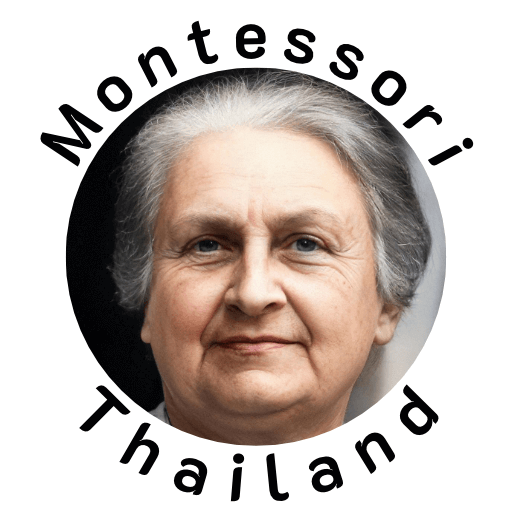
by MontessoriX | 1 Aug 2023 | Glossary
In Montessori education, Obedience is viewed as an act of will that develops gradually, manifesting itself “unexpectedly at the end of a long process of maturation.”[1] During this developmental process, young children may show sporadic...

by MontessoriX | 1 Aug 2023 | Glossary
In Montessori education, Normalisation is a term used to describe the process by which children move from a state of disorder or disorientation to a state of order and self-discipline through spontaneous concentration on work freely chosen.[1] Maria...

by MontessoriX | 1 Aug 2023 | Glossary
“Nido” translates to “nest” in Italian and is used in the Montessori context to refer to an environment designed specifically for infants. Not all Montessori schools that offer an infant program use this term[1]. In...

by MontessoriX | 1 Aug 2023 | Glossary
In Montessori education, Mixed Ages classrooms are a fundamental characteristic, where children of various ages learn together in the same environment.[1] Age groupings are based on Montessori’s planes of development. Children from 3 to 6 years of...

by MontessoriX | 1 Aug 2023 | Glossary
In Montessori education, Maximum Effort refers to the observable tendency of children to seek out challenges and exert considerable effort in their tasks, pushing the boundaries of their capabilities.[1] Children seem to derive enjoyment from...






